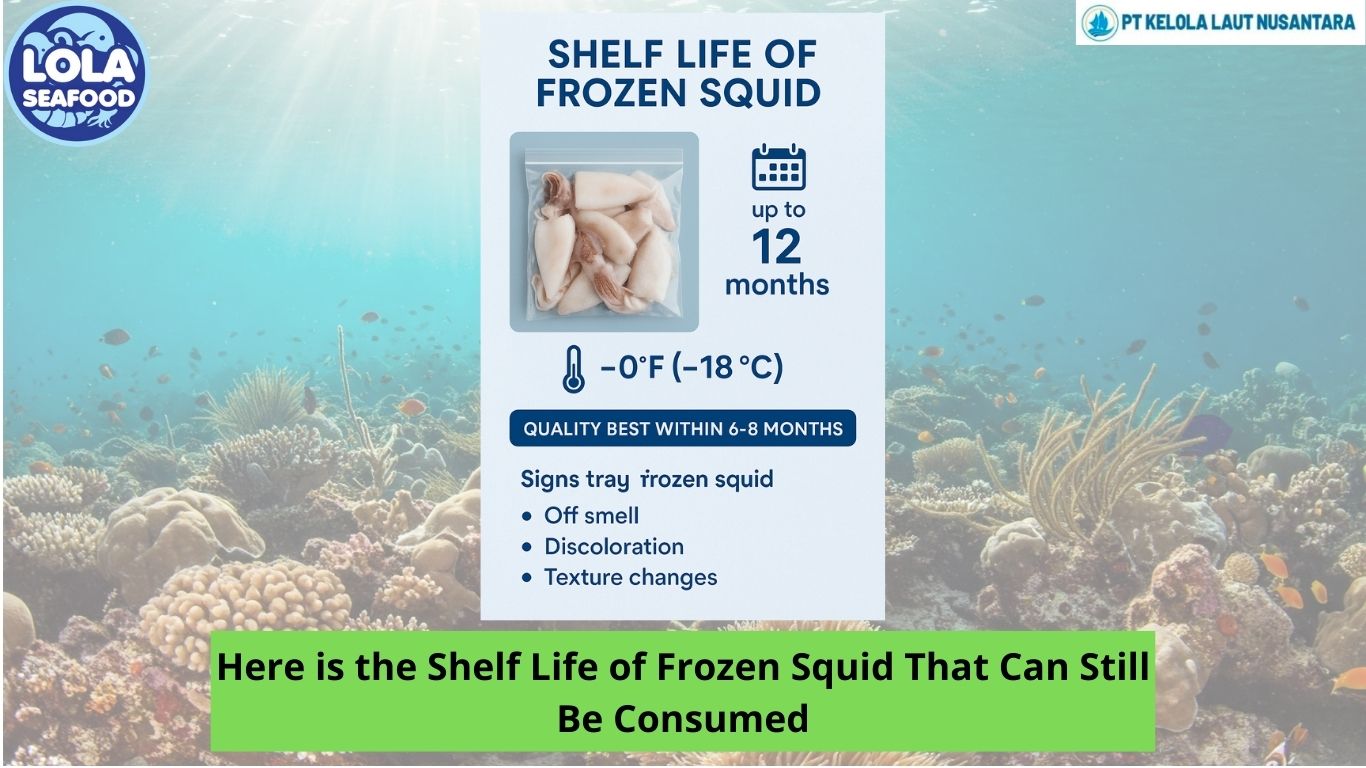Scale Calibration in the Frozen Fish Industry: Ensuring Accuracy and Compliance
By. Najih - 11 Jul 2024.jpg)
Importance of Scale Calibration
Accurate weighing is crucial at every stage of the frozen fish processing and distribution:
- Processing: Proper portioning of fish ensures consistency in product quality and cost-effectiveness in production.
- Packaging: Accurate weight measurements are necessary for labeling compliance, which includes ensuring that consumers receive the correct amount of product as stated on packaging labels.
- Distribution: Precise weighing facilitates efficient logistics planning, minimizing waste and optimizing transportation costs.
Procedures and Standards
Scale calibration involves several procedural steps and adherence to specific standards:
- Initial Verification: Before a scale is put into service, it undergoes initial verification to ensure it meets legal metrology requirements. This verification involves testing the scale with certified weights to verify its accuracy.
- Regular Calibration: Scales must be calibrated regularly to maintain accuracy over time. The frequency of calibration depends on factors such as the scale's usage, environmental conditions, and regulatory requirements. Regular calibration intervals are typically established based on industry best practices and legal requirements.
- Adjustment and Certification: During calibration, if discrepancies are found between the scale's readings and the certified weights, adjustments are made to correct any deviations. After calibration, the scale is certified or recalibrated, and detailed records are maintained to demonstrate compliance during audits or inspections.
Impact on Quality and Compliance
Scale calibration has significant implications for both product quality and regulatory compliance in the frozen fish industry:
- Quality Assurance: Accurate weighing ensures consistency in product portions and weights, which directly impacts consumer satisfaction and brand reputation.
- Regulatory Compliance: Compliance with legal metrology requirements is essential for trade and consumer protection. Properly calibrated scales ensure that products are labeled accurately and meet regulatory standards for weight and measurement.
- Operational Efficiency: Reliable scales support efficient inventory management, production planning, and logistics, reducing errors and minimizing costs associated with inaccurate measurements.
Challenges and Considerations
While scale calibration offers substantial benefits, there are challenges and considerations to address:
- Environmental Factors: Temperature fluctuations, humidity, and location can affect scale accuracy. Proper placement and environmental controls are necessary to mitigate these factors.
- Maintenance: Regular maintenance and servicing of scales are crucial to prevent drift and ensure ongoing accuracy. This includes cleaning, adjustment, and calibration by trained personnel.
- Training and Documentation: Adequate training of personnel in calibration procedures and documentation practices is essential to ensure consistent and reliable results. Detailed records of calibration activities are necessary for compliance audits and regulatory inspections.

.jpg)
.jpg)
.jpg)




